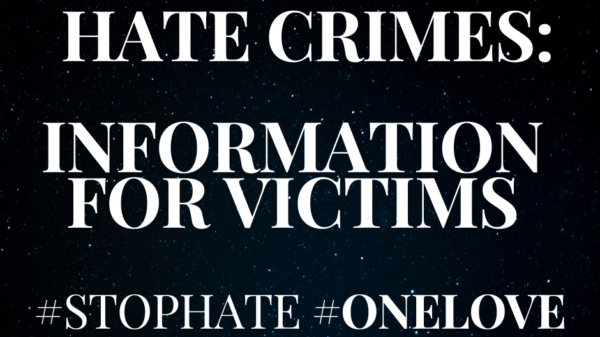United States Citizenship and Immigration Services (USCIS) has announced new policies that will provide better protection to immigrant children who are victims of abuse, neglect, abandonment, or similar parental maltreatment.
“Today, we are taking action to help immigrant children in the U.S. who have been abused, neglected, or abandoned and offer them protection to help rebuild their lives,” said USCIS Director Ur M. Jaddou. “These policies will provide humanitarian protection to vulnerable young people for whom a juvenile court has determined that it is in their best interest to remain in the United States.”
The new policies include updating regulations to clarify Special Immigrant Juvenile (SIJ) eligibility criteria such as updating an age-out provision to protect petitioners who turn 21 while their petition is pending. Additionally, USCIS is updating regulations for evidentiary requirements to improve the efficiency and effectiveness of the program and ensure that eligible victims of parental abuse, neglect, or abandonment receive SIJ classification and a pathway to apply for lawful permanent residence (LPR) status.
USCIS may consent to a grant of SIJ classification when the petitioner has provided evidence of court-ordered relief from parental abuse, neglect, abandonment, or a similar basis under state law, as well as evidence of the factual basis for a juvenile court’s determinations. The regulations also make clear that petitioners cannot be required to contact their alleged abuser while USCIS makes a decision in their SIJ case. An SIJ petitioner may have an attorney, accredited representative, and/or trusted adult present, if an interview is scheduled, but only attorneys and accredited representatives are entitled to make a statement during such interviews.
In addition to issuing the updated regulations, USCIS is updating the USCIS Policy Manual to consider deferred action and related employment authorization for noncitizens classified as SIJs who are ineligible to apply for adjustment of status to LPR status solely because a visa is not immediately available. Deferred action and employment authorization will provide invaluable assistance to these vulnerable noncitizens who have limited financial and other support systems in the United States while they await an available visa number.










